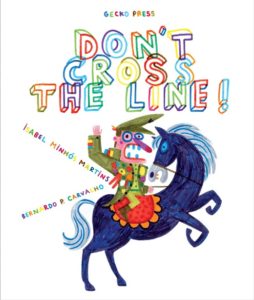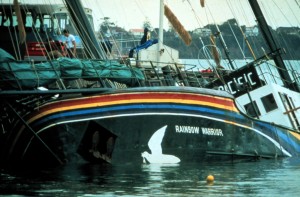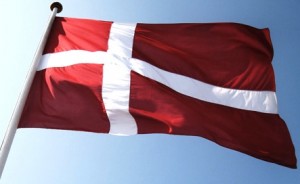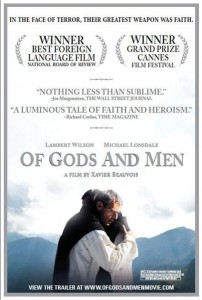Don’t Cross The Line – Review
Monday, May 9th, 2016Gecko Press‘ latest picture book is that rare beast, a message book that also entertains – it’s also artfully designed with eight blank pages and sixty characters! In Don’t Cross the Line by Isabel Minhó Martins, an army general orders a guard to keep the right-hand page of the book blank. But a crowd of people build up on the border, desperately wanting to use the space. What can the guard do? People power succeeds in the end. It’s those eight blank pages that will speak to all ages about freedom: children see an empty space and want to play in it; teenagers ask why it’s forbidden; and adults see the injustice in it. A wonderful concept with lively illustrations by Bernardo Carvalho. (Read about Peace books for children here)








